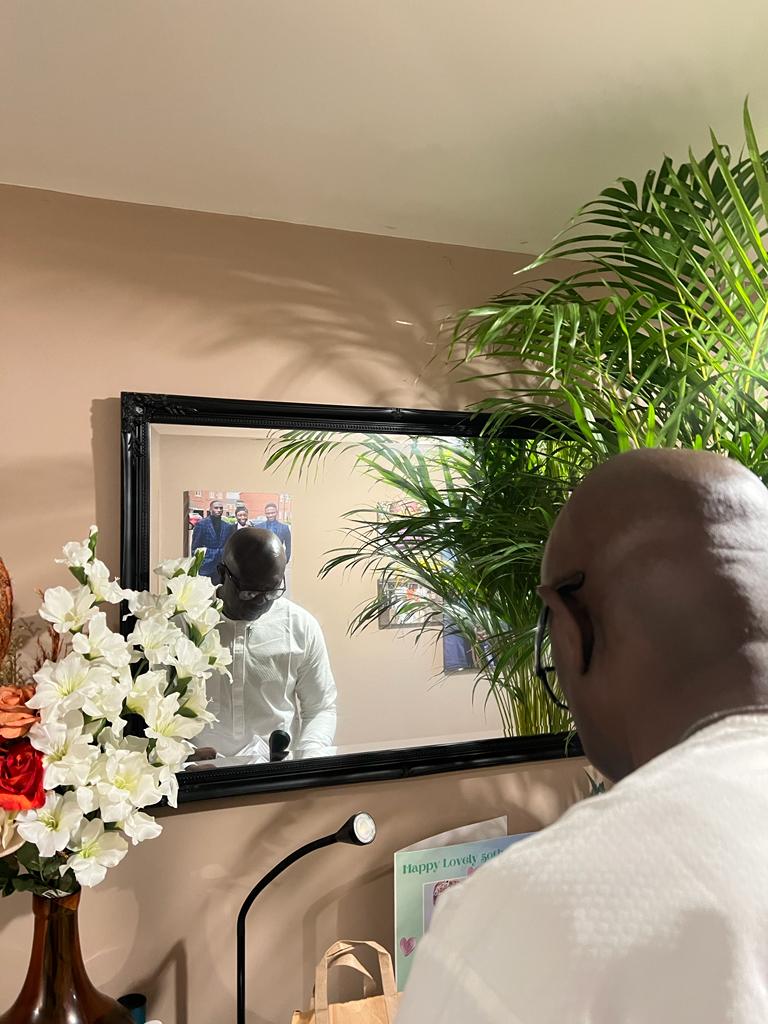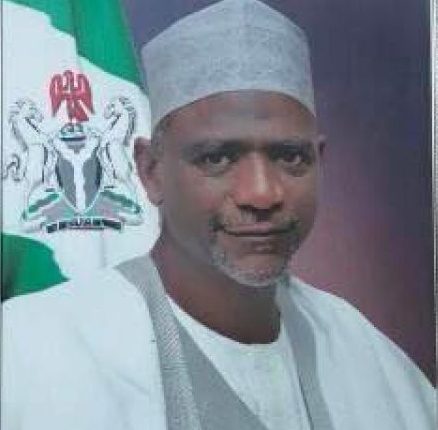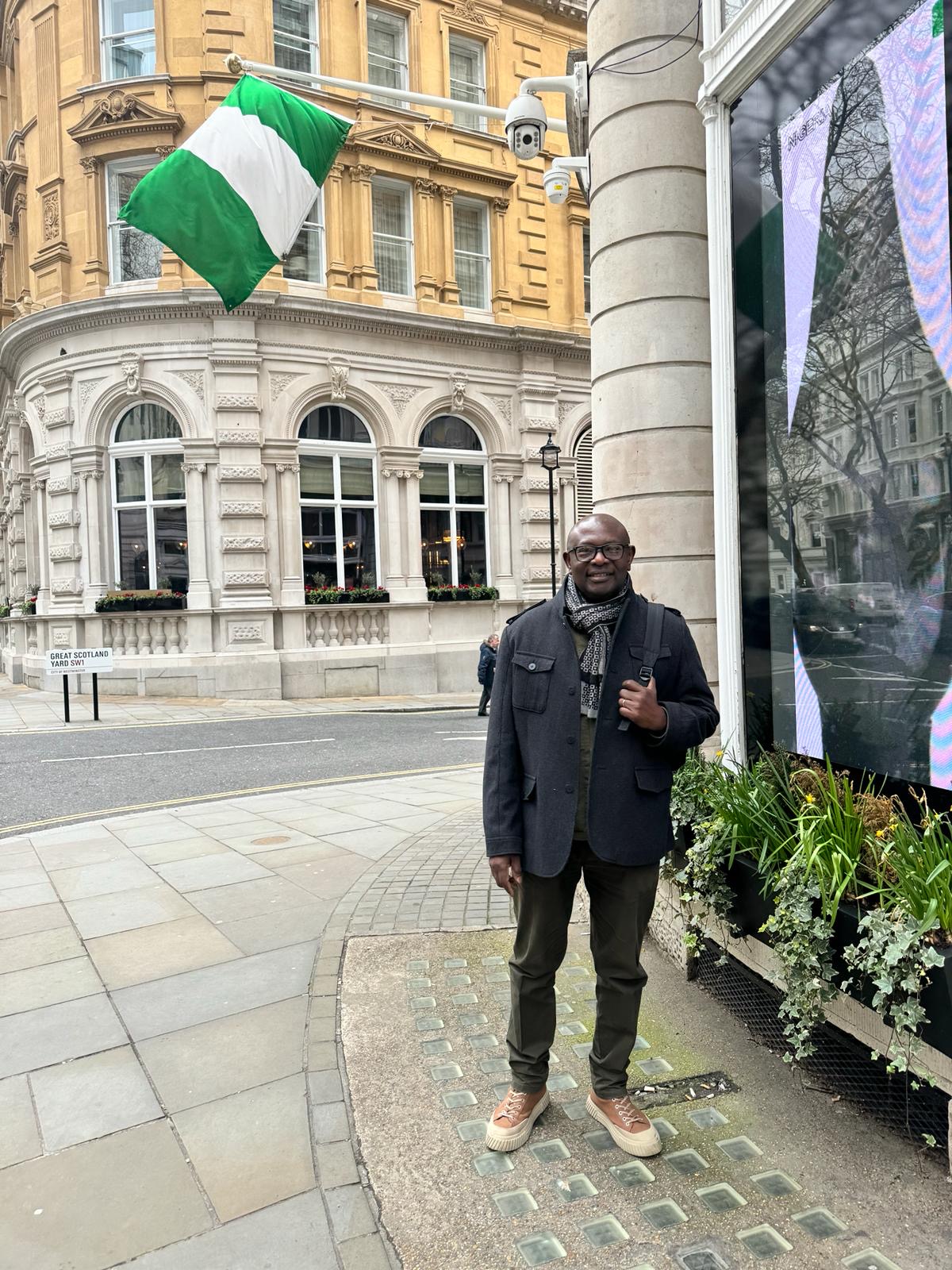By Mo. Babajide-Alabi
Published in the Sunday Vanguard of July 10, 2016
Last week Nigeria’s Honourable Minister of Education, Malam Adamu Adamu announced the immediate dissolution of the Governing Councils of the Obafemi Awolowo University, Ile Ife, and University of Port Harcourt. In a media statement first aired on the Nigerian Television Authority (NTA) network, the minister directed that the chairmen and members of the councils should immediately hand over the properties of the universities in their care.
This new development in the education sector is to say the least very worrisome. It is indeed one that calls for greater concerns, considering the fact that this is the second time it would happen in the short life span of this administration.
It is unfortunate that twice in recent months, the decision of the Minister on university education sector is being scrutinised. Earlier this year, there was disappointment among members of the academic community when the minister, in a short statement, sacked thirteen vice chancellors on the purported order of President Muhammad Buhari. What could have turned out to be a public relations disaster was however nipped in the bud when some of the affected VCs had to concede that they were almost through with their terms in office. Moreover, the were deemed political appointees of the immediate past government.
The action, without doubt, exposed the Federal Government as not being afraid to “run with” illegalities to appease a few powers. Truly, the terms of offices of these VCs may be almost over at the time of announcement of their sacks, the FG could have handled it better and allowed individual universities carry out the selection processes of appointing their VCs. The action of the government was challenged in court, but apparently the step has not served as deterrent to our honourable minister. Probably finding it difficult to divorce himself from the impunity of the military era, the minister, by the sack of properly constituted Governing Councils, is in the news again
With his recent directive we can conclude that the education sector is once again on a pitiful journey to the prehistoric days when it was treated with disrespect and disgrace. It has also brought the attention of the civilised world to the fact that Nigeria still has a long way to go in regards to varsity education management.
It is disheartening that a time when Nigerian university graduates are struggling to get admitted to “quality”institutions abroad, due to perceived poor quality, this military-style action of the minister has further dented the image. The arbitrary manner in which the councils of these universities were dissolved would suggest to the outside world that the universities are appendages of the Federal Government.
The directive of the minister came as a shock and surprise to the members of the academic community who thought they had seen the end to government intervention in the running of the system. Unfortunately, we are once again reminded of what the university system went through during the military era when uncertainties were the order of the day.
The directive of the minister has allowed us to travel back in time to the administrations of Ibrahim Babangida and Sani Abacha when the ruling governments decided when to lock up or open university “gates”. The pictures that came to mind immediately were those days when the academic community was literally dragged through the mud. There was no respect for them.
If the minister of education or his subordinates were good students of history, they will realise that “power invasion” of universities had not solved any problem on the campuses.
The minister did not just take a step backward, he is also about to erase every decent achievements made by his predecessors in the last seven years. When the Federal Government-Academic Staff Union of Universities (ASUU) agreement was signed in 2009, observers heaved a sigh of relief that normalcy was coming back to the ivory towers. The agreement had stated in black and white how the autonomy of the universities will be achieved.
However, this recent directive of the Minister has made a joke of the agreement that has over the years been the source of sustainable stability on Nigerian campuses. With a stroke of a pen, the Minister consigned into the bin the efforts of the parties involved in the drafting and modalities of the agreement.
The most intriguing aspect of the media statement by the minister was his directive that the proceedings for the appointment of a substantive vice chancellor for OAU, Ile Ife, be suspended forthwith until a particular court case is disposed of. The minister cannot claim ignorance of the fact that a substantive VC had already been appointed for the university. Therefore, as at last week, the process of the selection had been concluded by the Governing Council who thereafter appointed Professor Ayobami Salami as the VC.
Salami took over from the outgone VC, Professor Omole on the 24th of June. The appointment of Salami, after following due process, was ratified by the Presidency via a Certificate of Compliance letter issued on June 21. This certificate is a validation that the selection process was satisfactory and “passed the test” of appointing the new VC.
It is interesting that the minister is hinging the suspension of the selection process on a court case. In the first instance, there was no injunction obtained which stopped the then governing council from going ahead with the selection process. In this age of ‘open’ judiciary, observers believe that rather than arbitrarily dissolve the councils, the government through the minister should have initiated a court proceeding against the councils.
But it seems the powers behind the minister’s decision really overpowered him. This is where the hearts of all lovers of freedom in citadels of learning should sink. It is on record that the Ile-Ife branch of NASU and SSANU had vowed not to allow a Salami “vice chancellorship” see the light of the day. Their activities on the campus during and after the selection process show how much powerful these unions are.
Observers of developments on the campus are saddened by the fact that these unions could influence the action of the federal government without any investigations. Although the unions are alleged to be backed by powerful individuals and traditional rulers who have the ears of the President, they should not be allowed to “intimidate” the process. The powers of these unions in the selection process of vice chancellors are too unwieldy and should be cut down. The idea of god-fatherism in academic appointments should be discounted with henceforth. We should not play politics with education.
The Federal Government should reason with members of the Ile-Ife branch of ASUU, who are demanding an investigation into the selection process that produced Salami. This should be a soothing suggestion for all the parties, especially the unions that believed the process was skewed in favour Salami. The unions should be mandated to produce evidences of favouritism on the part of members of the governing council.
Dissolving the council is not the answer to the problem at hand. The question is what happens next in the appointment of a VC for the institution? Will the Federal Government sustain the illegality of dissolving the council and appoint a “caretaker” VC? Are we going back to the era of Sole Administrators in our university system? Will the president allow this illegal dissolution of of the councils to stand and in effect paralyse the universities?
There are many questions that beg for answers from the Federal Government. And I think Mr President should wade in now without fear or favour of any party.
Published in the Sunday Vanguard of July 10, 2016







